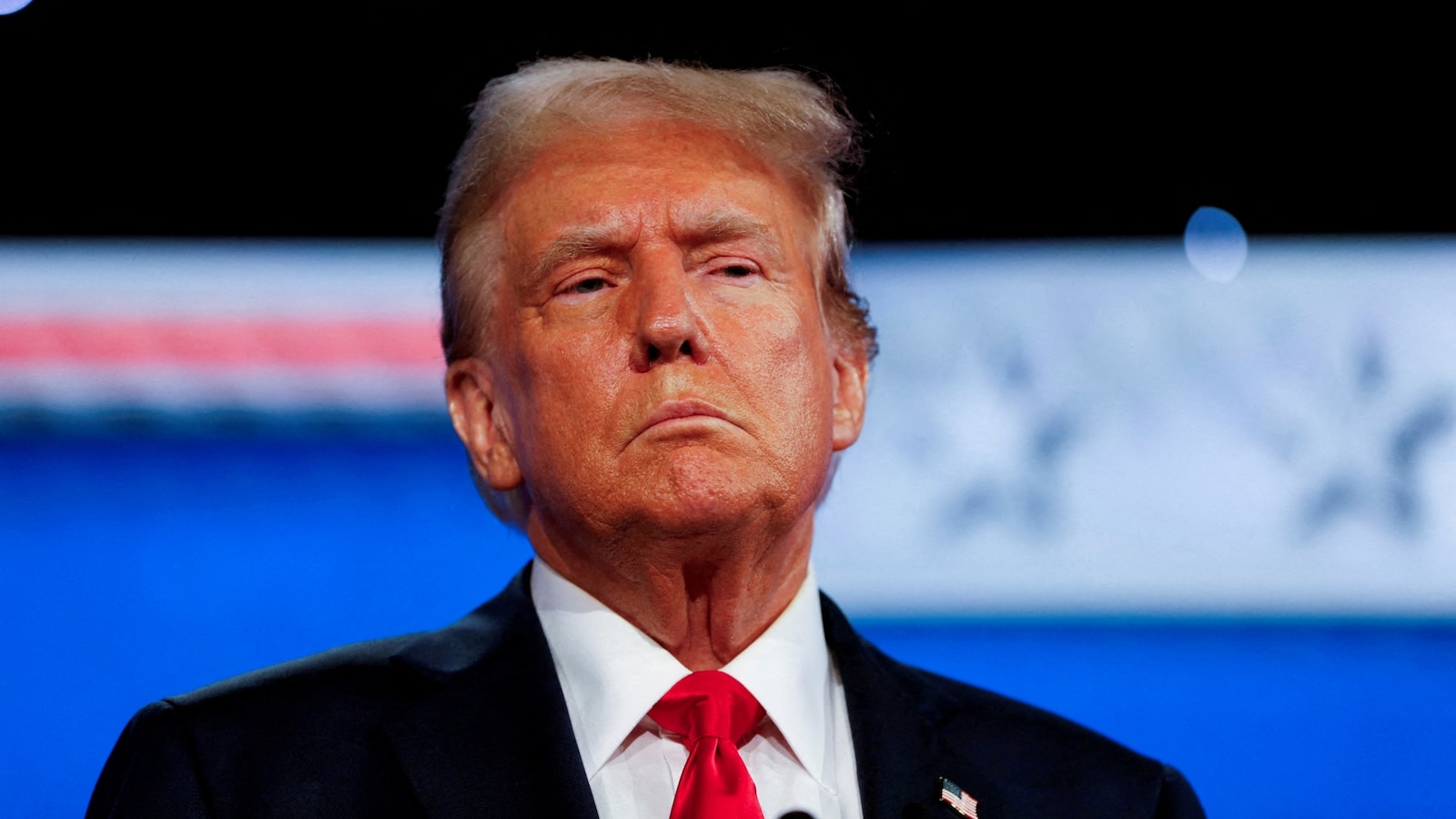The U.S. Supreme Court on Monday said former President Donald Trump is entitled to some immunity from criminal prosecution for actions taken to overturn results of the 2020 election but sent the case back to the trial court to sort out which charges can stand, effectively delaying any potential trial until after the November election.
The blockbuster decision split the court along ideological lines. The 6-3 opinion was delivered by Chief Justice John Roberts.
“The President is not above the law,” the opinion read. “But under our system of separated powers, the President may not be prosecuted for exercising his core constitutional powers, and he is entitled to at least presumptive immunity from prosecution for his official acts. That immunity applies equally to all occupants of the Oval Office.”
But Roberts also noted that, “Trump asserts a far broader immunity than the limited one we have recognized.”
The historic decision dramatically outlines the boundaries of presidential power, making clear for the first time that former presidents are entitled to absolute immunity for “core” official acts but have no immunity for “unofficial” acts.
The justices are sending the case back to the district court to determine what acts alleged in special counsel Jack Smith’s indictment constitute official duties that could be protected from liability and which are not.
Trump is facing four felony counts, including conspiracy to defraud the U.S. and obstruction of an official proceeding, for his attempts to overturn his 2020 election loss to President Joe Biden. He pleaded not guilty to the charges and has denied any wrongdoing.
Republican presidential candidate and former President Donald Trump attends the first presidential debate in Atlanta, Georgia, June 27, 2024.
Marco Bello/Reuters
The high court said in addition to core functions, actions within the “outer perimeter” of a president’s official responsibilities are immune provided that are “not manifestly or palpably beyond his authority.” Roberts said a president’s motives are not relevant to the assessment, nor is the fact that an action would have allegedly violated a generally applicable law.
Justice Sonia Sotomayor, in a fiery dissent read aloud from the bench, said the majority’s decision “reshapes the institution of the presidency.”
“It makes a mockery of the principle, foundational to our Constitution and system of Government, that no man is above the law,” she wrote. Sotomayor was joined in her dissent by Justices Elena Kagan and Ketanji Brown Jackson.
Going further, Sotomayor said the ruling makes the president “now a king above the law.”
“The President of the United States is the most powerful person in the country, and possibly the world. When he uses his official powers in any way, under the majority’s reasoning, he now will be insulated from criminal prosecution,” she wrote. “Orders the Navy’s Seal Team 6 to assassinate a political rival? Immune. Organizes a military coup to hold onto power? Immune. Takes a bribe in exchange for a pardon? Immune. Immune, immune, immune.”
Roberts vigorously disputed the dissent’s characterization, calling it “wholly disproportionate to what the Court actually does today.”
“Like everyone else, the President is subject to prosecution in his unofficial capacity,” Roberts wrote. “But unlike anyone else, the President is a branch of government, and the Constitution vests in him sweeping powers and duties.”
